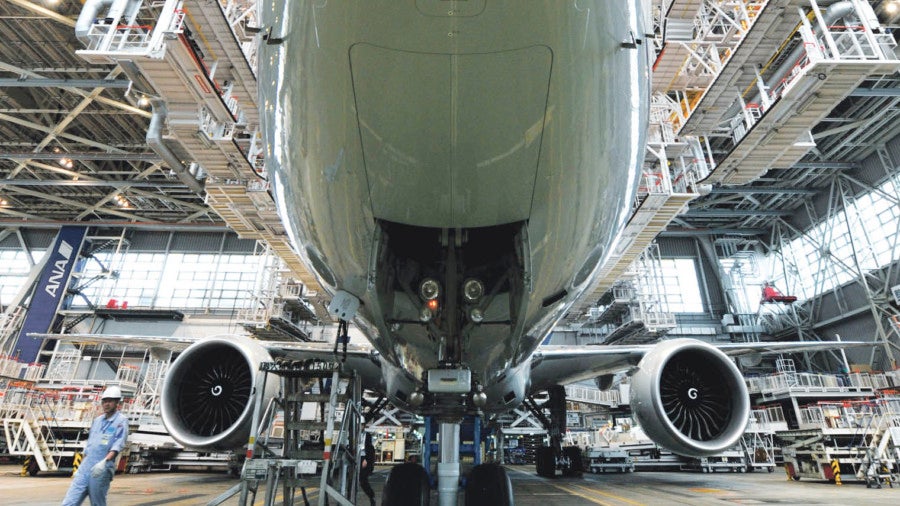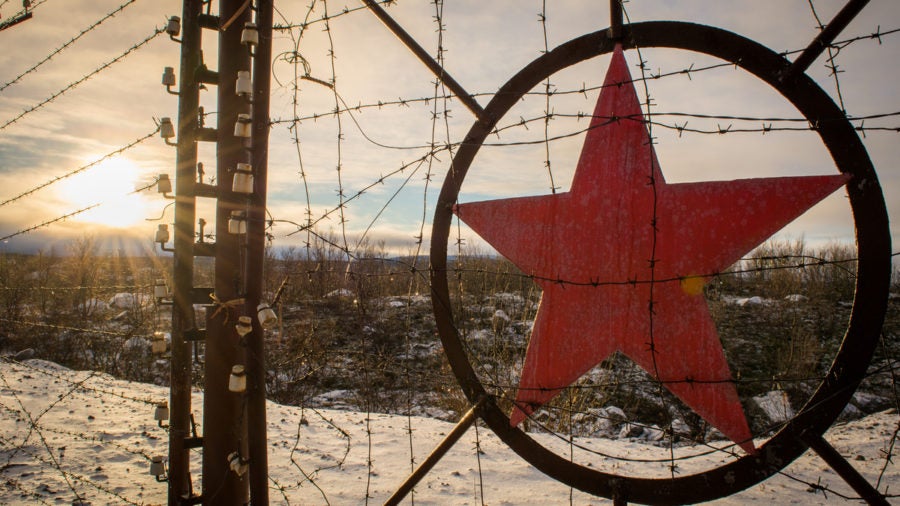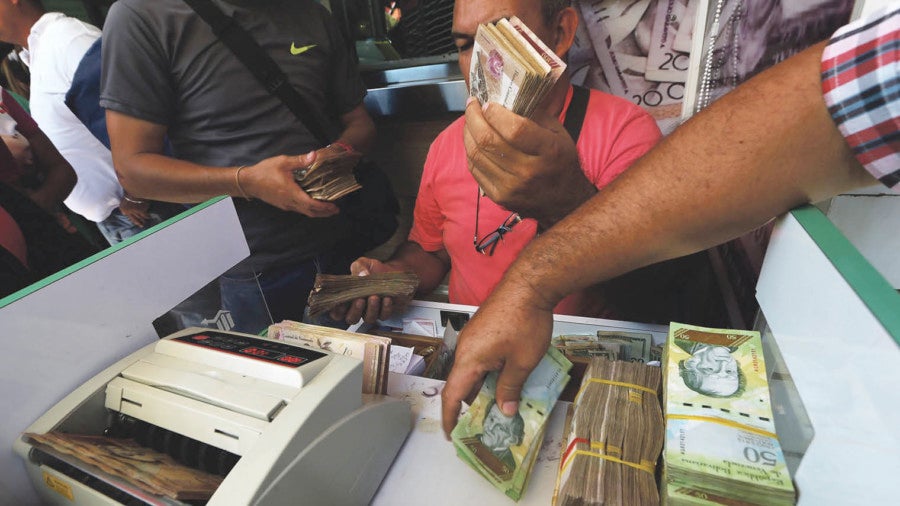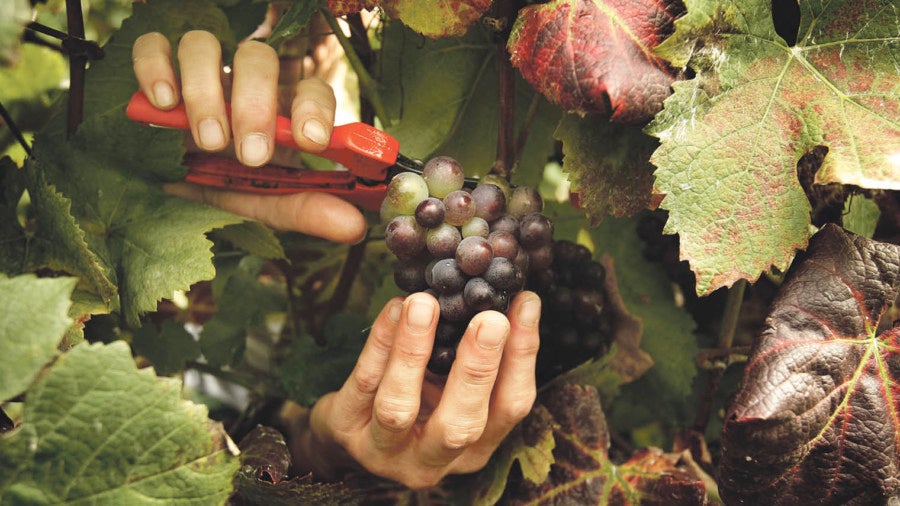Complex, convoluted and business critical, managing your supply chain successfully is no mean feat. And it is not only companies who can struggle with supply chain issues, but international events, pop stars and even entire states. Here are ten examples of supply chain issues and what can be learned from their handling.
1. Rio 2016 Olympics
Brazil raced to complete its Olympic venues right up to the opening ceremony. One complication was the glacially slow Brazilian customs system. Imports are taxed at a high rate and customs officers take time to process the archaic paperwork. Shipments can be held up by standards and quality regulator Inmetro, by the agricultural department MAPA, which will demand articles of association among other paperwork, by health regulator Anvisa, and by federal or state tax collectors. All supply chains cross borders at some point. Even with the right paperwork, goods can get stuck in customs. Mutual recognition agreements can speed things up, but even the Olympics can be imperilled by a man with a clipboard.
Lesson: Work with customs officials to ensure smooth passage.
2. Nando’s
The most important decision for a supply chain manager? Probably the trade-off between buying excess stock to insure against a shortage and running a tight model to keep costs low. Different businesses prioritise differently. The Ritz Hotel running out of champagne is a disaster. A discount supermarket, by contrast, prefers to run out of cabbages by the end of the day than overstock. Nando’s ran out of chicken during this New Year’s bank holiday. It triggered a furious tweetstorm. The result? Acres of coverage in the newspapers. Nando’s countered with smart public relations and boosted its reputation for keeping stocks fresh. And the chicken restaurant saves money in the long run by keeping its supply chain tight at the risk of occasional shortages.
Lesson: Priorities differ – a disaster for one business can be a success for another.
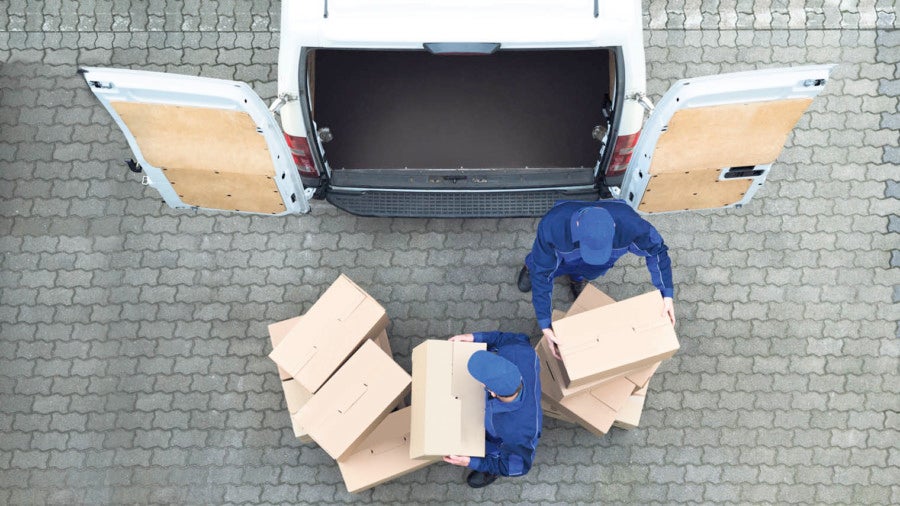
3. Yodel
Talk about being a victim of your own success. Yodel is the UK’s biggest parcel delivery company and, since acquiring business from DHL in 2010, went on to grow at a staggering rate as an e-commerce specialist. One of the more cautionary supply chain management examples, in 2014 Yodel bit off more than it could chew. In the Christmas rush, it simply stopped picking up parcels from retailers as it struggled under the weight of demand.
Lesson: Final-mile delivery is a challenge, even for the professionals.
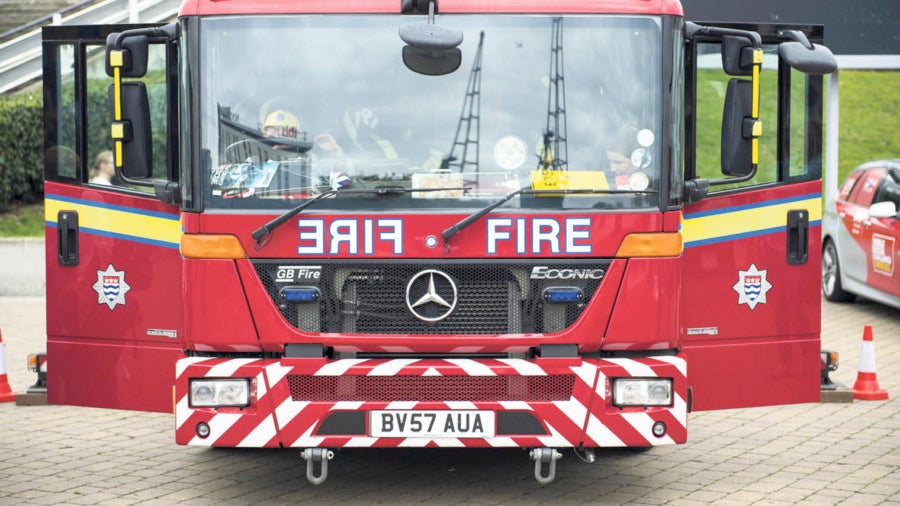
4. Fire centres
Does a supply chain need a swanky mission control? John Prescott believed so during his reign as Labour’s deputy prime minister, authorising nine brand new FiReControl command centres for the UK fire response system. It was an unmitigated fiasco. The huge centres never went live. Half a billion pounds went up in smoke. Mr Prescott blamed “bloody” civil servants. The fire service disowned the project. The department in charge lost interest. A decade later and some of the centres were still empty and costing the taxpayer money. Cambridge alone cost £35 million without taking a single 999 call. No one took the blame. No one seemed to know who was in charge.
Lesson: Ask the command team what they need, don’t guess.
5. Boeing Dreamliner
When Boeing launched production of the twin-engined 787 in 2007, it vowed to set record production times. Within months the mission was in tatters. Tiny glitches held up the first phase of construction. Some were truly minuscule supply chain issues, like running out of fasteners. Boeing resorted to buying more at Home Depot. The small delays escalated into a revised timeline amounting to years.
Lesson: Just one part missing in thousands can cripple a project.
6. PlayStation
The distinguishing factor of logistics is that it’s physical. There’s no software patch to rescue a Panamax cargo ship. Sony’s 2004 Christmas campaign to launch the PlayStation 2 is a great example. The supply chain worked perfectly, right up until an oil tanker became stuck in the Suez Canal blocking ships from China carrying the festive consignment of consoles. Sales fell 90 per cent in the run up to Christmas. Sony resorted to chartering Russian cargo planes and flying in the PS2s. But it was too late for many disappointed youngsters who were left wondering how they’d offended Santa Claus.
Lesson: Bottlenecks exist and they may cause supply chain issues through no fault of your own.
7. Soviet Union
Students of supply chain issues will adore the history of the USSR. It is a cornucopia of mind-boggling mistakes. Dairy farms were sent sheep as the supply officer could not grasp the difference with cows. Factories sat idle for years waiting for ball bearings. The central planning system meant it was almost impossible to ask for changes. Historian Robert Conquest says: “As recently as the 1980s, it was found that a leading factory wishing to use the chassis of their buses for lorries was unable to get them sent from their own factory of origin except in complete bus form. After years of failing to get decisions from the ministry, they had to accept the complete buses, knock their bodies off with steel balls and install their own lorry bodies instead.”
Lesson: Keep decision-makers close to the action.
8. Venezuela
Prices talk. They send messages across the supply chain, warning of shortages. The most famous lesson of this power is from the 1585 Siege of Antwerp. The Spanish blockaded the city. No goods in or out. So the price of bread soared. The mayor of Antwerp became aggrieved by profiteering. So he capped by the price of bread. This immediately killed smuggling. What’s the point of risking death through a blockade if there’s no material reward? But no smugglers, no bread. So the city starved. Modern day Venezuela is making the same mistake. The socialist government fixes prices, often below market rates. So supermarket shelves are empty. The animals at Caracas Zoo were recently eaten by members of the starving middle class.
Lesson: Listen to prices.
9. Nyetimber
Companies with supply chain issues are often faced with tough choices, and how they manage these can make all the difference.Wine aficionados will know all about Nyetimber, an English rival to champagne. Located in West Sussex, the grapes are chardonnay for the blanc de blancs, and pinot noir and chardonnay for its classic cuvée. In 2012 the rain never stopped tipping down, so head winemaker Cherie Spriggs declared there would be no vintage that year.
Some rivals were unaffected as they source grapes from overseas. It’s led to a row over nomenclature. Nyetimber is “English” wine. Vino made from foreign grapes but fermented here must be called “British”. The episode highlighted Nyetimber’s integrity to the wine trade and sales have since soared.
Lesson: Supply chain is the custodian of quality and integrated with marketing.

10. Ed Sheeran tickets
Music fans have a rotten time these days. Gigs by Beyonce and festivals such as Glastonbury sell out in the time it takes to refresh a web browser. Ed Sheeran’s UK and Ireland tour sold out in five minutes in February. One fan tweeted: “Devestated, been on @TicketmasterUK since 9.40 refreshing for @edsheeran tickets to get error page after error page. Sold out.” Sheeran released a statement saying he was “deeply concerned” and cautioned against engaging with ticket touts. The problem is that the supply chain for tickets extends far beyond his reach. Resellers, fan sites, auto-buying bots and bulk buyers all affect the fan experience, whether he likes it or not.
Lesson: The end of your supply chain is not the end of the chain.
1. Rio 2016 Olympics
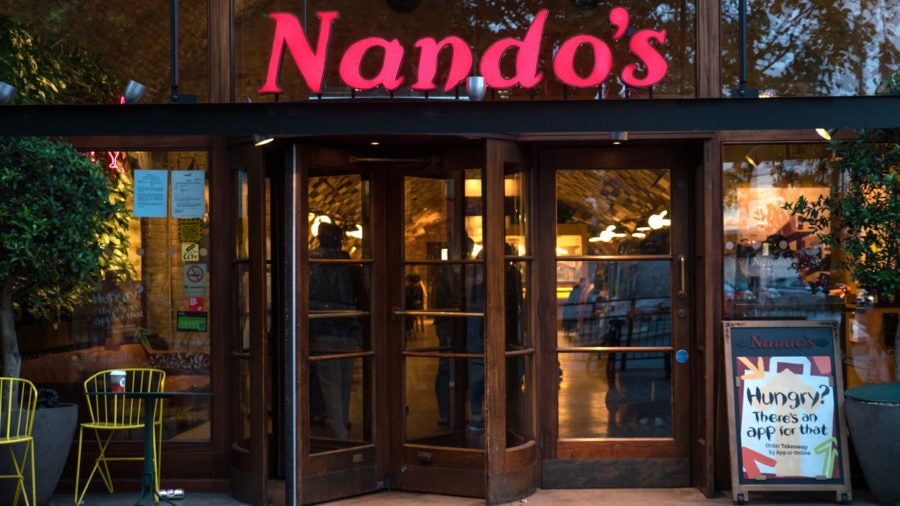
2. Nando's

